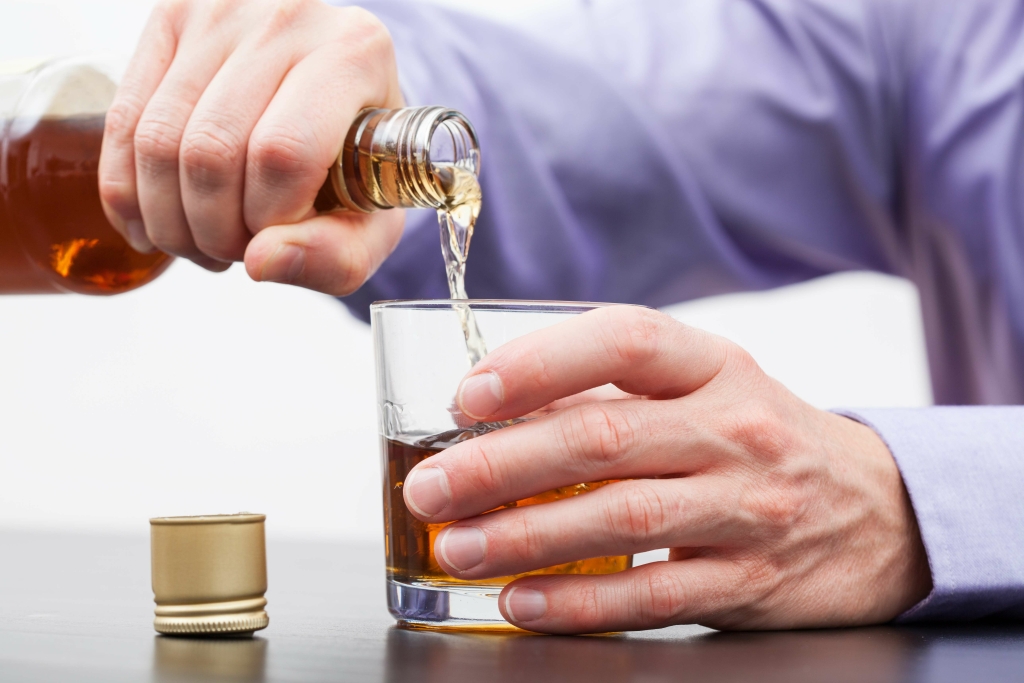Additionally, feelings of isolation may arise due to strained relationships caused by alcohol use. Recognizing these impacts is vital for seeking help marijuana addiction and initiating recovery. An addict who understands that they are powerless over their addiction will be more vigilant about relapse and take all the necessary steps to prevent themselves from slipping back into their old ways. Admitting powerlessness is an essential part of recovery that every addict must understand and experience for themselves. Reaching Step One through ExperienceSometimes drug use can give addicts the illusion of having control especially over their emotional life.
The Role of Individualized Treatment Plans in Effective Recovery
For example, alcoholics Anonymous programs say that those who still believe they have control over their drinking will drink again. Only when you surrender control will you be on your way to mastering step one of the 12 steps. This step is not saying you are powerless examples of powerlessness over alcohol over your actions, decisions, or relationships with others; only over your addiction to alcohol or drugs.
This dynamic can manifest through avoidant behaviors or aggression, creating barriers to open communication and trust 2. It applies both to our inability to abstain from using a substance or engaging in certain behavior as well as limiting its quantity. While the realization might be painful and challenge the idea of who we imagine ourselves to be, it’s impossible to solve a problem without first acknowledging the scope and scale of the issue. It’s because the 12 Steps are worded and crafted precisely to take you to the next step.
In essence, in Step One you’re making a conscious choice to recognize out loud you have a problematic relationship with substances. Step one asks you to identify out loud that you have continued to use substances despite this use impacting your life and or the lives of others negatively. In the journey through the 12 steps of Alcoholics Anonymous (AA) and Narcotics Anonymous (NA), Step One emerges as the cornerstone upon which https://ecosoberhouse.com/ the entire structure of recovery is built. Its significance extends far beyond its role as the initial acknowledgment of powerlessness over addiction and the unmanageability it brings to one’s life.

SMART Recovery vs. A.A. – Is One Better?
Remember, you are not alone in this battle – there are people who want to help you succeed. You know that alcohol is bad news for you, you are convinced, and nothing can make you return to drinking. In order to progress to steps two through twelve, you must embrace step one. By asking a HP to handle these things, I move toward acceptance of my powerlessness and choose therefore to direct my time and energies toward areas where I am not powerless. Here are some signs that your life has become unmanageable due to alcoholism and addiction. I look forward to hearing about your experiences and how you’ve come to recognize that your life is unmanageable – that you need a Higher Power to help you.
The role of virtual therapy in addiction treatment
Ultimately, embracing powerlessness is a vital step for those in recovery. It allows individuals to explore the root of their addiction and to understand the importance of support systems in regaining control over their lives. Alcoholics Anonymous (AA) operates under a set of 12 steps to achieve daily recovery. AA is a group of fellow recovering alcoholics who use the 12 steps and sponsorship to hold you accountable and offer you a daily reprieve from alcohol dependency. At The Kimberly Center, we know that acknowledging powerlessness isn’t easy, but we want to help simplify the recovery process.
- This statement has been part of a great discussion on whether or not recovery can come without sobriety.
- You may continue to make things work and, therefore, be part of the sickness.
- Cravings can become very strong for a person who has an addiction to alcohol.
It can erode self-esteem and contribute to despair, leading to mental health issues such as anxiety and depression. This sense of helplessness can create barriers to developing healthy coping mechanisms, often driving individuals toward harmful behaviors, including substance abuse. Powerlessness is a multifaceted experience that touches various aspects of life.
The Role of Stress Management in Sustaining Sobriety
I had truly become powerless over the choices I was making on my parallel roads to self-destruction and service to humanity. I was suffering from complex PTSD, overworking, destroying my marriage, and trying to anesthetize myself from the pain by filling myself with whatever I could put into my mouth. I was a very sick person who had hit bottom and had the willingness to get better. If there were only a workbook to help you figure out how to deal with the unmanageability in your life, then everything would be ok, right?
How to Use Medication Management to Enhance Addiction Treatment

This can manifest in various ways, such as neglecting personal needs to meet others’ expectations or feeling trapped in toxic relationships where one partner holds more decision-making power. To recognize powerlessness over your addiction is to face the reality that you don’t have the self-control, discipline, or power to stop your addiction on your own. Usually this is highlighted by continuing addictive behaviors despite (sometimes severe) consequences for your actions. Maybe you’ve violated your personal values in your addiction, or you’ve gone further or deeper than you expected you would. You recognize that none of your efforts to stop have truly worked, and that the addiction has caused destruction and chaos in your life. It refers to an alcoholic who hasn’t touched alcohol in years, but hasn’t admitted to their own powerlessness over the addiction.
Navigating Powerlessness in Healthcare and Employment
These feelings can lead to behaviors that exacerbate the power imbalance, making it difficult to maintain a healthy relationship. It reflects the struggle individuals face when dealing with substance dependence and the overwhelming influence that drugs or alcohol can exert over their lives. Most examples of powerlessness in sobriety have to do with admitting that you cannot change your behaviors on your own. Getting help from others at a treatment facility and in peer recovery groups can benefit your sobriety. It guides them toward a desire for a healthier future, free from addiction’s chains.
How to stay motivated during the early stages of recovery
The main criterion for a successful First Step is a person’s acceptance that they do, indeed, have the disease of addiction. A person shouldn’t consider themselves weak-willed or incapable when they admit to their powerlessness, and they don’t have to do anything about their addiction yet. Step One is just asking a person to acknowledge that they have the disease of addiction, and life is harder because of it.
Recognizing and addressing these patterns can lead towards a path of recovery and regaining control. Ultimately, understanding the nuances of powerlessness in both healthcare and employment environments is crucial. By empowering individuals, whether through support networks in recovery or enhanced decision-making authority in workplaces, the cycle of disempowerment can be disrupted.
